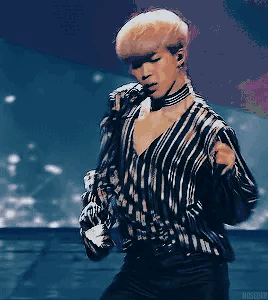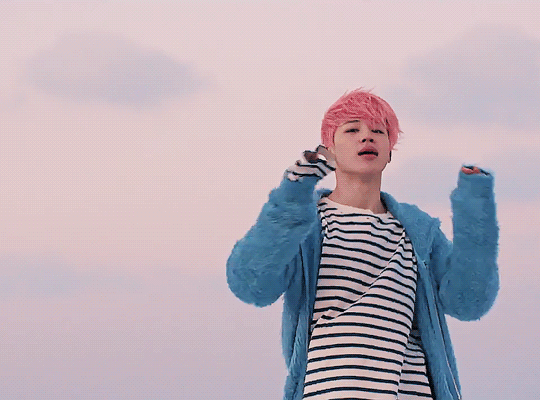
He graduated there in 1947 with a bachelor's degree in electrical engineering. Jiang attended the Department of Electrical Engineering at the National Central University in Japanese-occupied Nanjing before transferring to National Chiao Tung University (now Shanghai Jiao Tong University). Graduation photo of Jiang, taken in 1947. Since Shangqing had no heirs, Shangqing's elder brother, Jiang's biological father Jiang Shijun, let Jiang become the adopted son of Shangqing's wife, his aunt, Wang Zhelan, whom he referred to as "Niáng" ( Chinese: 娘 lit.

His uncle, also his foster father, Jiang Shangqing, died fighting the Japanese in World War II and is considered in Jiang Zemin's time to be a national hero. Jiang grew up during the years of Japanese occupation. This was also the hometown of a number of prominent figures in Chinese academic and intellectual establishments. His ancestral home was the Jiang Village ( 江村) in Jingde County, Anhui. Jiang Zemin was born in the city of Yangzhou, Jiangsu, China on 17 August 1926. 4.1 Official appearances after retirement.At the age of 96 years, 52 days, Jiang is the longest-living paramount leader in the history of the PRC, surpassing Deng Xiaoping on 14 February 2019. Jiang vacated the roles of CCP general secretary and highest-ranking member of the CCP Politburo Standing Committee in 2002, but did not relinquish all of his official leadership titles until 2005, and continued to influence affairs until much later. His contributions to party doctrine, known as the " Three Represents," were written into the CCP constitution in 2002. However, Jiang has controversially faced criticism over human rights abuses which also led to the crackdown of the Falun Gong movement. Under Jiang's leadership, China experienced substantial economic growth with the continuation of market reforms, saw the return of Hong Kong from the United Kingdom in 1997 and Macau from Portugal in 1999 and improved its relations with the outside world, while the Communist Party maintained its tight control over the state.

Urged by Deng Xiaoping's Southern Tour in 1992 to accelerate " opening up and reform", Jiang officially introduced the term " socialist market economy" in his speech during the 14th CCP National Congress held later that year, ending a period of ideological uncertainty and economic stagnation following 1989.

As the involvement of the " Eight Elders" in Chinese politics steadily declined, Jiang consolidated his hold on power to become the " paramount leader" in the country during the 1990s.

Jiang came to power unexpectedly as a compromise candidate following the Tiananmen Square protests of 1989, when he replaced Zhao Ziyang as CCP general secretary after Zhao was ousted for his support for the student movement. Jiang represented the " core of the third generation" of Chinese Communist Party (CCP) leaders since 1989. Jiang Zemin (born 17 August 1926) is a Chinese retired politician who served as general secretary of the Chinese Communist Party from 1989 to 2002, as chairman of the Central Military Commission of the Chinese Communist Party from 1989 to 2004, and as president of the People's Republic of China from 1993 to 2003. "Jiang Zemin" in Simplified (top) and Traditional (bottom) Chinese characters


 0 kommentar(er)
0 kommentar(er)
